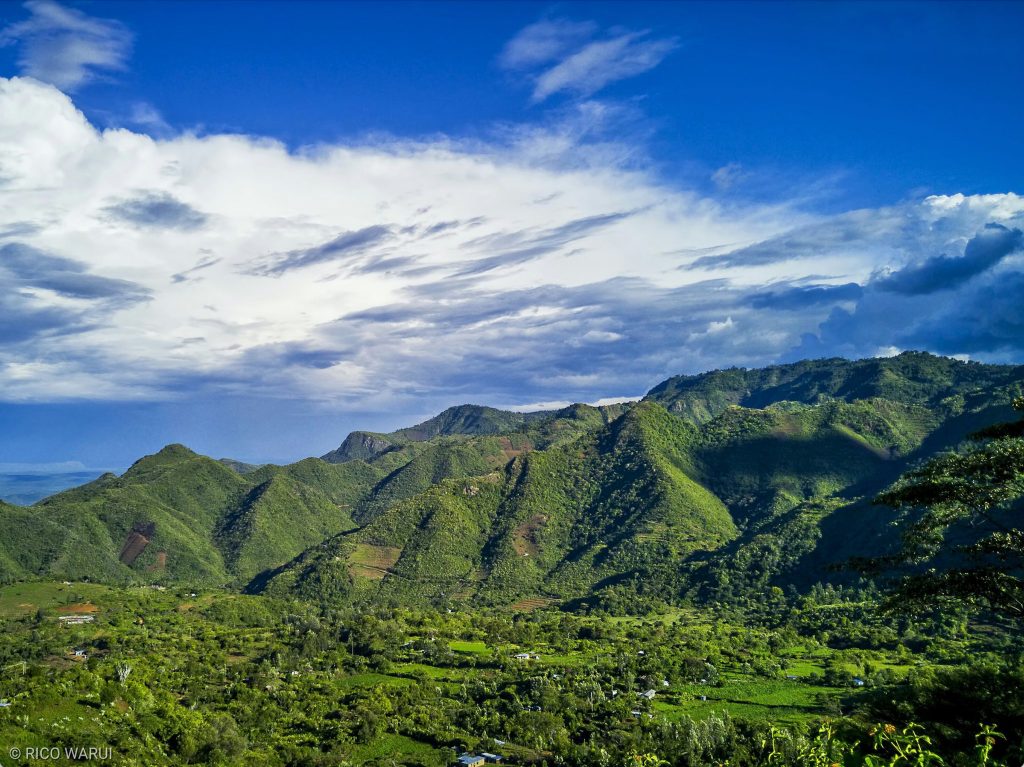In dem Buch untersuchen die Autor:innen, wie Städte die doppelte Herausforderung bewältigen, Klimaschutz und Nachhaltigkeit auf der einen Seite und das Wohlergehen ihrer Bevölkerung auf der anderen sicherzustellen. Anhand von drei schwedischen Städten wird untersucht, wie in der lokalen Politik, in städtischen Bewegungen und der öffentlichen Meinung Umwelt- und Wohlfahrtsbelange miteinander verbunden sind.
Jana Holz als Arbeitsgruppenmitglied bei DKN Future Earth berufen
Seit Anfang des Jahres ist Jana Holz als Mitglied der Arbeitsgruppe „Nachhaltige Entwicklung neu denken durch „Post Growth“ im Deutschen Kommitee für Nachhaltigkeitsforschung in Future Earth berufen. Die Arbeitsgruppe wird von Dr. Matthias Kranke von der Universität Kassel geleitet und beschäftigt sich über die kommenden zwei Jahre mit Fragen nach
1. Welche Postwachstumsmaßnahmen sind in besonderem Maße geeignet, Frieden und Wohlstand zu fördern?
2. Wie beeinflussen sich Postwachstumsmaßnahmen gegenseitig auf der lokalen, nationalen und globalen Ebene?
3. Wie beeinflusst ein Postwachstumsansatz von nachhaltiger Entwicklung Prozesse von (De-)Globalisierung?
In der Gruppe arbeiten u.a. noch weitere Personen mit: Dr. Halliki Kreinin vom RIFS, Dr. Dorothea R. Schoppek von der TU Darmstadt und Prof. Bernd Siebenhühner von der Universität Oldenburg.
Das Deutsche Komitee für Nachhaltigkeitsforschung in Future Earth (DKN) ist ein unabhängiges wissenschaftliches Beratungsgremium der Deutschen Forschungsgemeinschaft (DFG) und nationaler Ansprechpartner für die Entwicklungen und Aktivitäten im Rahmen des internationalen Forschungsprogramms für globale Nachhaltigkeit „Future Earth“ und des „World Climate Research Programme (WCRP)“ und unterstützt die fächerübergreifende, integrative Nachhaltigkeitsforschung im nationalen und internationalenKontext. Die interdisziplinär zusammengesetzten Arbeitsgruppen des DKN stellen ein Kernelement in der Organisation und Arbeitsweise des DKN dar.
Nächster Coffee Talk mit Dr. Léa Lacan: „Forest Politics in Kenya’s Tugen Hills: Conservation Beyond Natural Resources in the Katimok Forest” | 26. Februar 2025

26. Februar 2025
6 Uhr (MST/Nordamerika) / 14 Uhr (CET/Deutschland) / 15 Uhr (EET/Finnland)
Titel: „Forest Politics in Kenya’s Tugen Hills: Conservation Beyond Natural Resources in the Katimok Forest“
Vortragender: Dr. Léa Lacan (Postdoctoral Researcher, University of Cologne, Germany)
Der Vortrag und die Diskussion laufen online und auf Englisch.
Inhalt:
Speaking from her recently published book of the same name, environmental anthropologist Léa Lacan will explore human-sylvan relations in the Katimok forest, Baringo highlands, Kenya, and aims to rethink the forest beyond questions of access and control of natural resources, as a habitat where forest politics and human lives are inextricably intertwined. Léa’s research shows, how – as with many forests in Africa – it has become constructed as a category and territory of nature under state control: an area both to be protected and turned into exploitable resources. For those living within and on the boundaries of the forest, this social-ecological transformation has had a significant impact. Despite now being settled outside Katimok itself, dispossessed by administrators heedless of local management practices, many former residents continue to maintain a close connection with the forest, not only to sustain their livelihoods, but also to maintain their intimate links with ancestral lands, where their stories and memories are materially inscribed and powerfully invoked.
To join the event, please use the Zoom Link: https://uni-jena-de.zoom-x.de/j/65854920539
Meeting-ID: 658 5492 0539; Kenncode: 008070
Der Vortrag ist Teil der Coffee Talks Human-Forest-Relationships
Coffee Talks Human-Forest-Relationships
Let’s sit, have a coffee and talk in the scientific café! The “Coffee Talks HFR” give room for open and relaxed discussions on current research subjects related to human and society relations to forests. It warmly welcomes all interested in forest-related research to join the online sessions.
Each session lasts 1,5 hours. It starts with a 20-30 minute presentation of a guest speaker. After the presentation, with coffee or tea at hand, participants have plenty of room for an open discussion and exchange.
The “Coffee Talks HFR” take place three to four times per term on Wednesdays at 6 am MST / 2pm CET / 3pm EET.
Guest speakers wanted!
If you are interested in contributing to the “Coffee Talks HFR”, please contact either jana.holz(at)uni-jena.de, jodie.asselin(at)uleth.ca or tuulikki.halla(at)uef.fi with info on your subject (title and short abstract) and a preferred date.
The interdisciplinary and international scientific “Coffee Talks HFR” have a long tradition. In 2021, a cooperation between the Finnish research project Human-Forest Relationships in Societal Change and the German research group Mentalities im Flux (flumen) launched and hosted the “Scientific Coffee Sessions HFR”. Since then, they hosted more than twelve sessions with speakers form interdisciplinary social science background and international participants. In 2024, the network broadened and the event got a new name: “Coffee Talks HFR”.
The “Coffee Talks HFR” are hosted by:
- Human-Forest Relationship Research Club of the Finnish Society of Forest Science
- The research group “Mentalities in Flux” (flumen) Research Project
- Forest Anthropology Working Group on Europe and Beyond (FORAGE) FORAGE – WUR
- Soz-Wald, a newly-established German speaking network of sociological research on forest relations. Info on the network’s first event: https://www.flumen.uni-jena.de/symposium-zur-soziologischen-waldforschung-am-01-dezember-2023-in-jena/; join our Email-list: https://www.listserv.dfn.de/sympa/info/soz-wald

